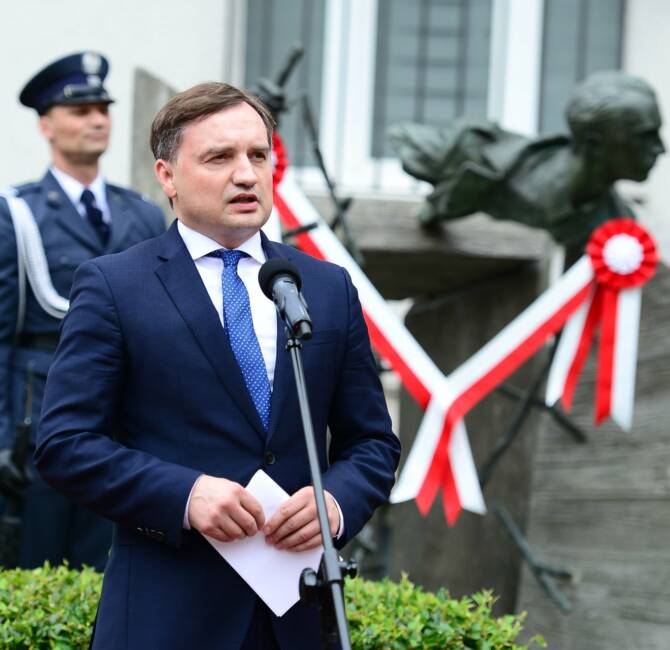Austria – Austrian Chancellor Karl Nehammer (ÖVP) presented the final version of the government’s draft law on mandatory vaccination against Covid-19 on Sunday, 16 January, which must now be submitted to the National Council (the Austrian parliament) for approval. To a large extent, the new draft law matches what was announced at the end of November by Alexander Schallenberg, who was chancellor for a short time following Sebastian Kurz’s surprise resignation. Hence, compulsory vaccination against Covid-19 will come into force on 1 February as planned earlier by Schallenberg, but violators will risk “only” repeated fines of up to €600 each. The limit on fines is not, however, the only important change made to the initial plans.
Only for people over 18 years old
While the initial plan was to impose vaccination on all persons over 14 years of age residing in Austria, the draft law adopted by Nehammer’s government only makes it mandatory for adults. The authorities have given up on obliging teenagers to be subjected to the vaccine mandate. It should be noted that it was one of the demands made by protesters during the numerous demonstrations that have taken place in the country over the past month and a half.
No fines until March 16
Moreover, while it was initially intended to systematically send fines of €3,600 to €7,200 to all unvaccinated people as of 15 February, the new draft law provides for an initial transition period that will last from 1 February to 15 March. During that time, each household will merely be officially informed by post of the vaccine mandate. It is only from 16 March that the authorities will begin to issue fines of up to €600, with a maximum of four fines per year that can be imposed on one person. Those who refuse to pay the fines will go to court, where they will risk a penalty of €3,600 which cannot be converted into jail time in case someone is insolvent. It should be noted that more traditional vaccines are likely to arrive on the Austrian market by then, in addition to the current mRNA vaccines.
All will depend on controls
Last but not least, there will be no systematic sending of fines to all unvaccinated people, although this could be only temporary and is simply because the social security computer services, as well as the courts, cannot yet cope with such a task. Fines will thus be given on the basis of controls carried out by the law enforcement agencies, in particular during road controls. This is a typically Austrian way of doing things that has been opted for by Karl Nehammer’s government, as the intensity of the controls will be at the complete discretion of the government, the interior ministry, and the police.
There will likely be some enforcement in certain neighbourhoods or at certain events – such as demonstrations or rallies by opponents of the public health restrictions –, especially at the beginning, but the likelihood of receiving a fine for being unvaccinated is likely to be as high as getting fined for running a stop sign. A simple internal circular from the interior ministry will suffice to intensify or relax controls at a given time.




